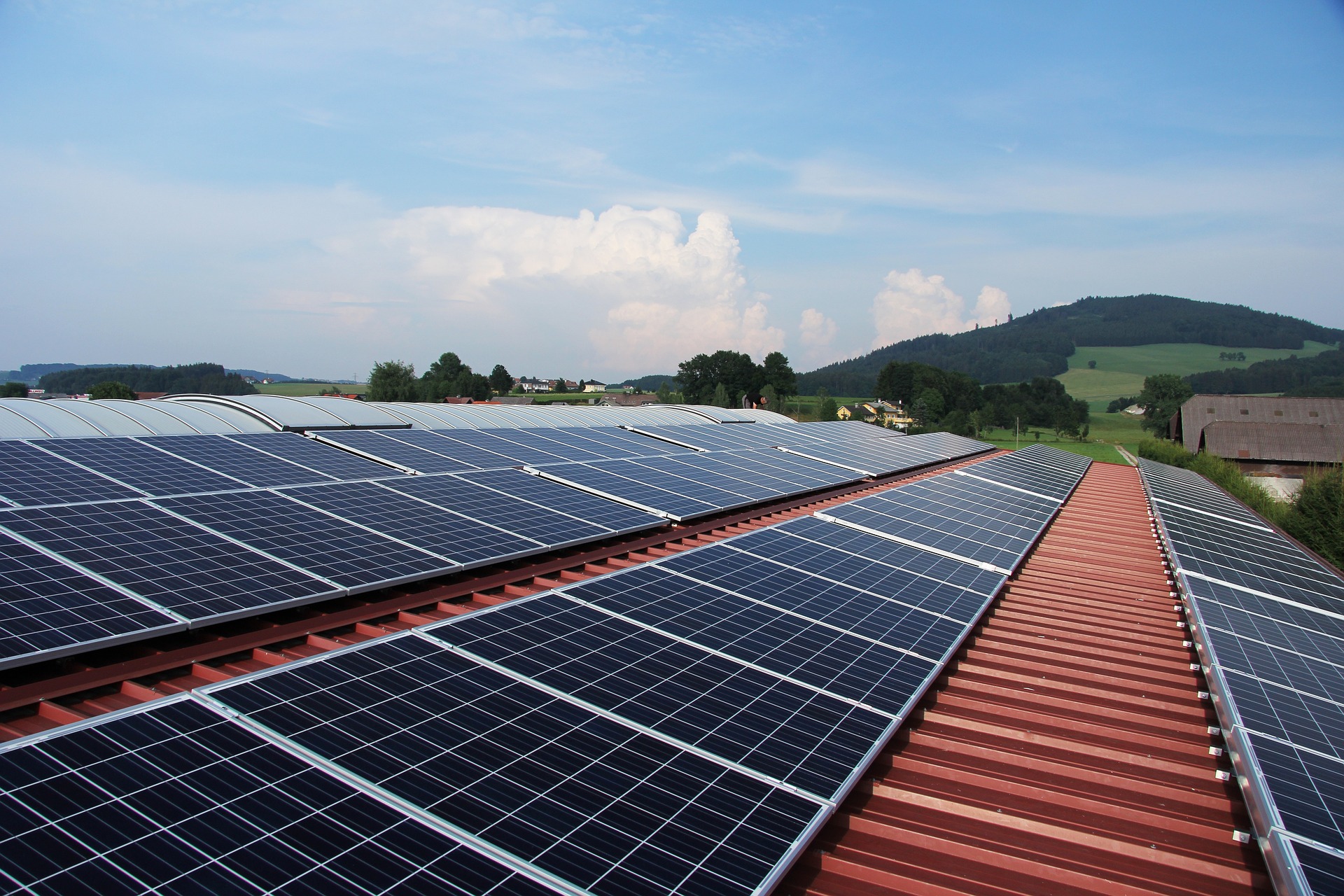
Many people are turning to renewables in the current energy crisis.Continue reading

According to the Hungarian Solar Panel Association (MNNSZ), the government’s decision to suspend the grid feed-in of electricity generated by future solar systems is contrary to the interests of the sector, the population, and the country.
In a statement, the association said that the Hungarian solar industry was shocked by the announcement made by Gergely Gulyás, the Minister of the Prime Minister’s Office, at a press conference on Wednesday, that electricity generated by solar panels planned but not yet licensed would not be accepted by the electricity grid for an indefinite period of time.
Until now, the system operated on a balance settlement basis, whereby only the difference between the energy produced by the solar panels and the energy consumed by the household had to be settled. If users consumed more, they paid the extra to the electricity supplier. If, however, more energy was produced, the excess was reimbursed by the electricity supplier. Thus, for private individuals, this could pay for the investment in solar panels within six to eight years, while for smaller companies it could pay for the investment in one or two years.
However, from now on, the surplus energy generated will not be accepted by the utility company, it can only be used for home consumption during the day, but in the evening, when the family really starts to use electricity, this option will be lost, unless they have electricity storage capacities.
The new regulation abolishes balance settlement, which would still be possible until the end of next year, according to EU rules, the MNNSZ said in a statement. Removing the possibility of grid feed-in will make solar investments pointless for households, they added.
According to MNNSZ, the announcement runs counter to the government’s efforts to date to encourage the spread of solar panel systems and reduce Hungary’s significant electricity imports.
They also pointed out that Gulyás admitted at the press conference that the suspension of the feed-in tariff for households slows down the payback, because the timing of energy use has to be timed to the generation of energy; if someone does not time it to this, he has to buy a battery, which means a more expensive investment.
The MNNSZ said that a battery storage can store at most the excess energy produced during the day, so that when they return home, they can use the energy produced in an environmentally friendly way. In addition, battery storage has a significant cost implication.
Via: MTI ; Featured photo: Pixabay